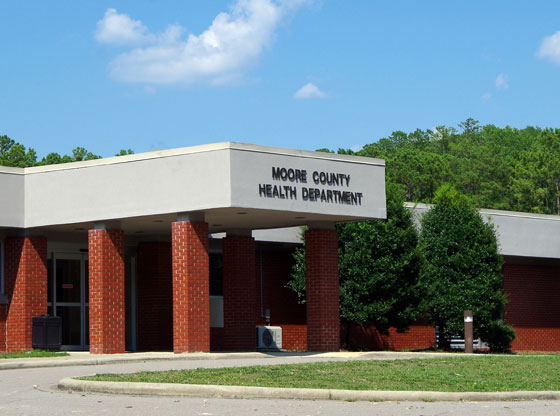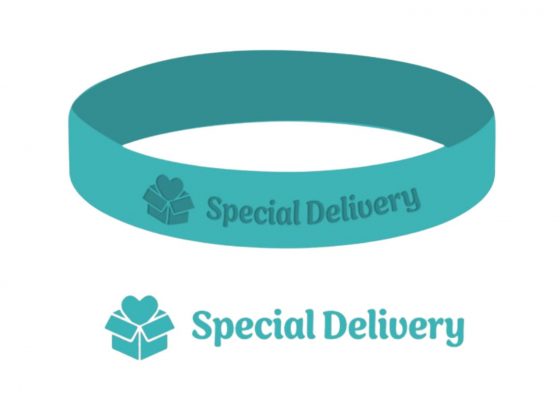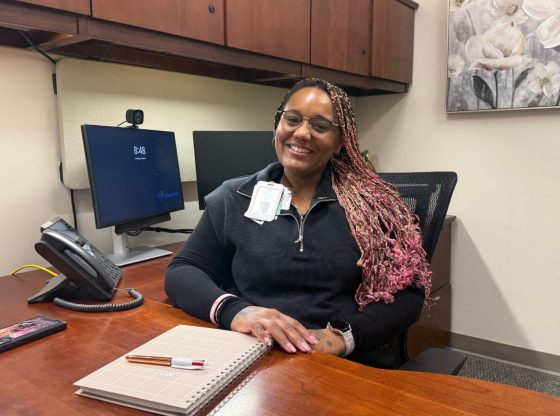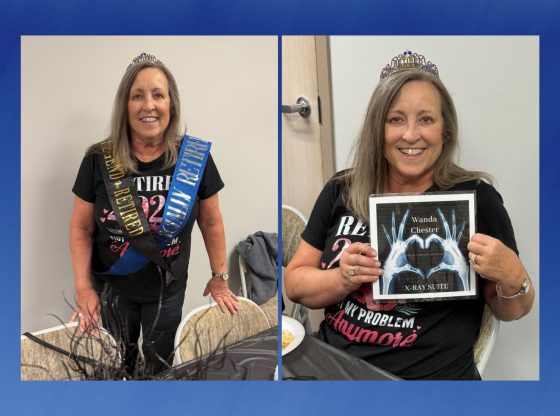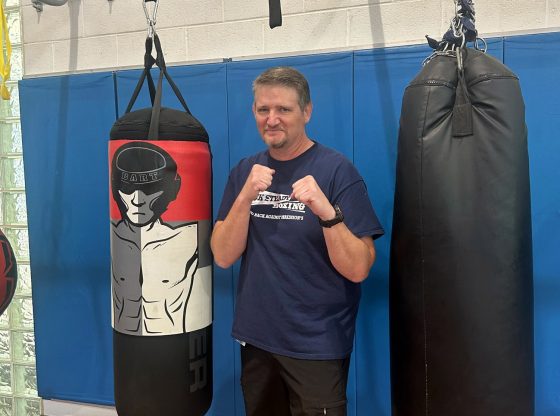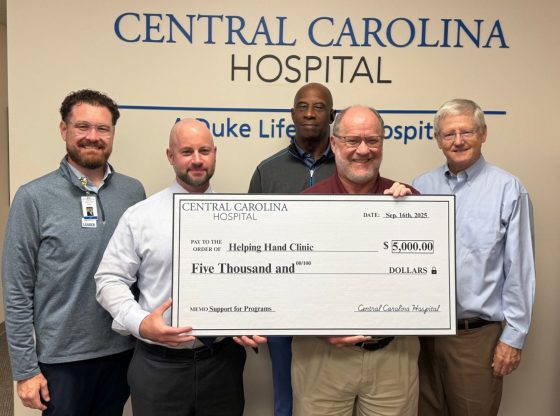As COVID-19 testing locally and across the state has increased, the Moore County Health Department has begun to utilize a new software tool to expand contact tracing efforts and assist with the follow-up of positive COVID-19 cases in Moore County.
The state’s new COVID-19 Community Team Outreach Tool (CCTO) was developed by the North Carolina Department of Health and Human Services (NCDHHS) to assist with monitoring and follow-up of COVID-19 cases and known close contacts. The tool allows Health Departments to automate workflows, streamline case and known contact communication, and align and integrate with statewide COVID-19 response systems. Moore County Health Department Nurses, Processing Assistants, and Medical Office Assistants, as well as resource employees and volunteers, have completed training on the CCTO platform in order to process the high volume of data related to positive cases of COVID-19.
“Testing and tracing are integral aspects of managing the spread of COVID-19”, says Health Director Robert Wittmann. “Contact tracing helps to let people know they were exposed before they get sick so that they can avoid spreading the virus to others. The CCTO platform will be a tremendous help to our staff in identifying, tracking, and communicating with exposed individuals, especially those who may interact with individuals in high-risk categories.”
Moore County Health Department staff have been working diligently to perform case investigations and identify potential exposures since the pandemic began. With the incorporation of the new CCTO tool, the enhanced contact tracing process will now go as follows:
• Moore County Health Department staff conduct investigations with all Moore County residents with laboratory confirmed COVID-19. During case interviews, staff follow-up on the patient’s health status, review self-isolation requirements and connect patients to other community resources.
• Moore County Health Department staff work with the patient to identify individuals they were in close contact with during the period they were likely infectious. That period usually starts two days before they first noticed symptoms (or in the past several days if they are asymptomatic).
• Using the information provided by the patient, Health Department staff will then upload the data into the CCTO system and assign a state contact tracer. The contact tracer will then attempt to notify known close contacts. The Health Department and State also work collaboratively with the employers, daycares, nursing homes, and other facilities to identify and notify individuals who may have been exposed in their facilities.
• Known close contacts will receive an initial phone call from a contact tracer to review the date of exposure and any self-quarantine requirements.
• The Health Department will also use the state’s CCTO software tool system to help monitor known close contacts. With the new CCTO system, known close contacts may receive e-mails or text messages for daily follow-ups during the self-quarantine period. Those individuals will also have access to the password protected online CCTO platform so that they can track their own symptoms and get feedback if they should begin to appear.
It is important that people answer the call when the Community Team or Health Department reaches out. Individuals being contacted will get an initial text from the number 45394 or email from [email protected] with follow-up phone calls from the Health Department or NC OUTREACH (844-628-7223). If a close contact cannot be reached via phone within 72 hours, the state plans to assign a Field Investigator to contact the individual.
The Community Team or Health Department will never ask for anyone’s Social Security Number, bank or credit card numbers, or any other financial information at any time. Any information shared during the call is a private health record and is strictly confidential.
For more information on testing and contact tracing, please see the NCDHHS website’s Frequently Asked Questions about Testing (www.covid19.ncdhhs.gov/Testing) and Frequently Asked Questions about Contact Tracing (www.covid19.ncdhhs.gov/ContactTracing).
NCDHHS also has a “Check My Symptoms” tool that can help determine if you’re recommended to be tested for COVID19. That tool can be found at https://ncdhhs-covid19-dtra.powerappsportals.us/. If you are a person who needs testing, you can use the “Test Site Finder” application to help locate a testing site near you. That application can be found at https://covid19.ncdhhs.gov/about-covid-19/testing/find-my-testing-place.
Contributed.


